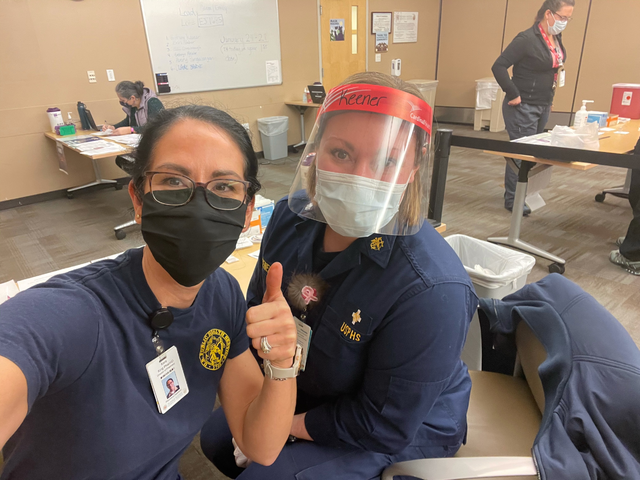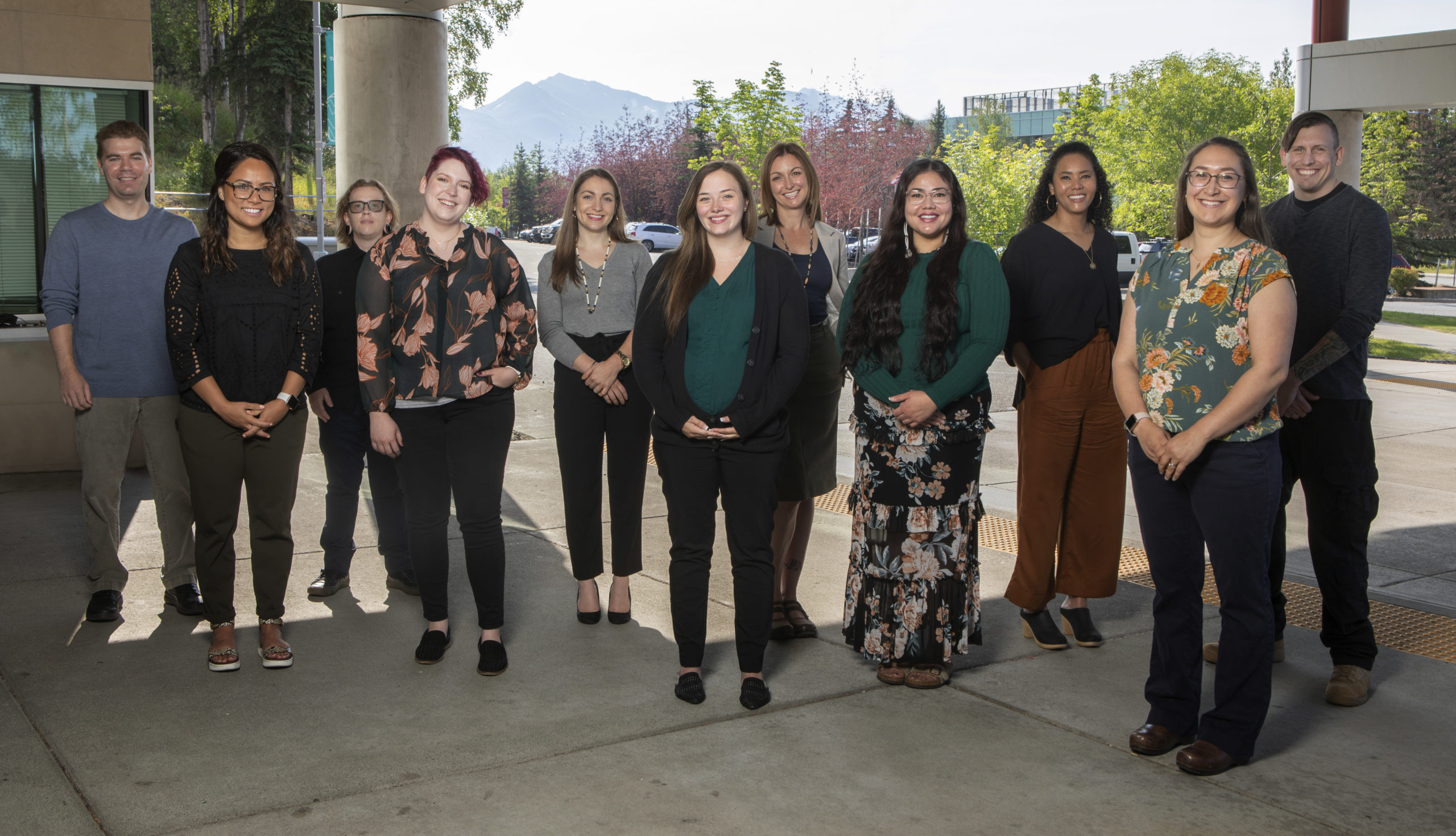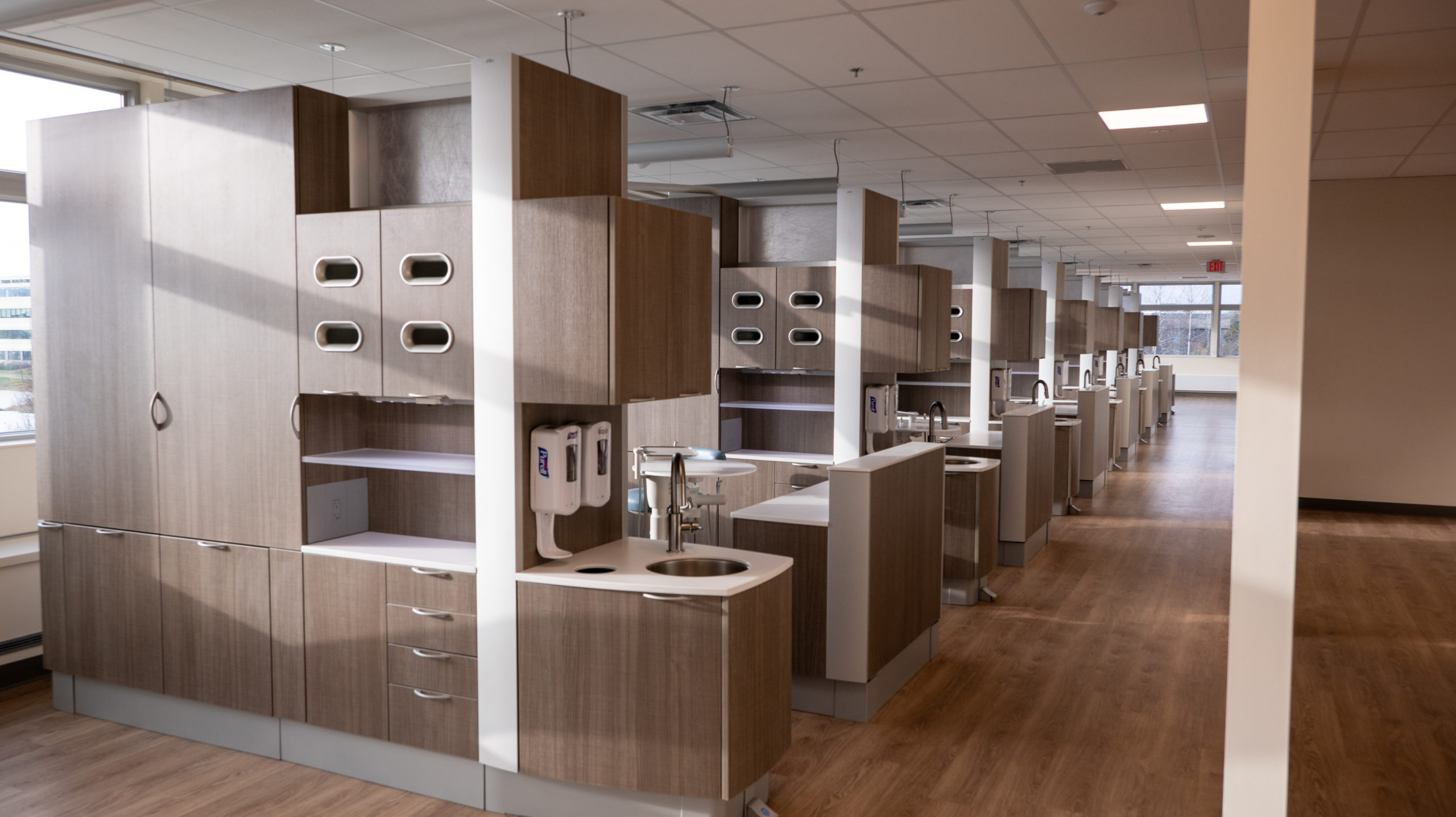2021 Annual Report

All year, ANTHC works in service to our communities to advance the health and well-being for all.
Featured Stories from 2021
ANMC Highlights
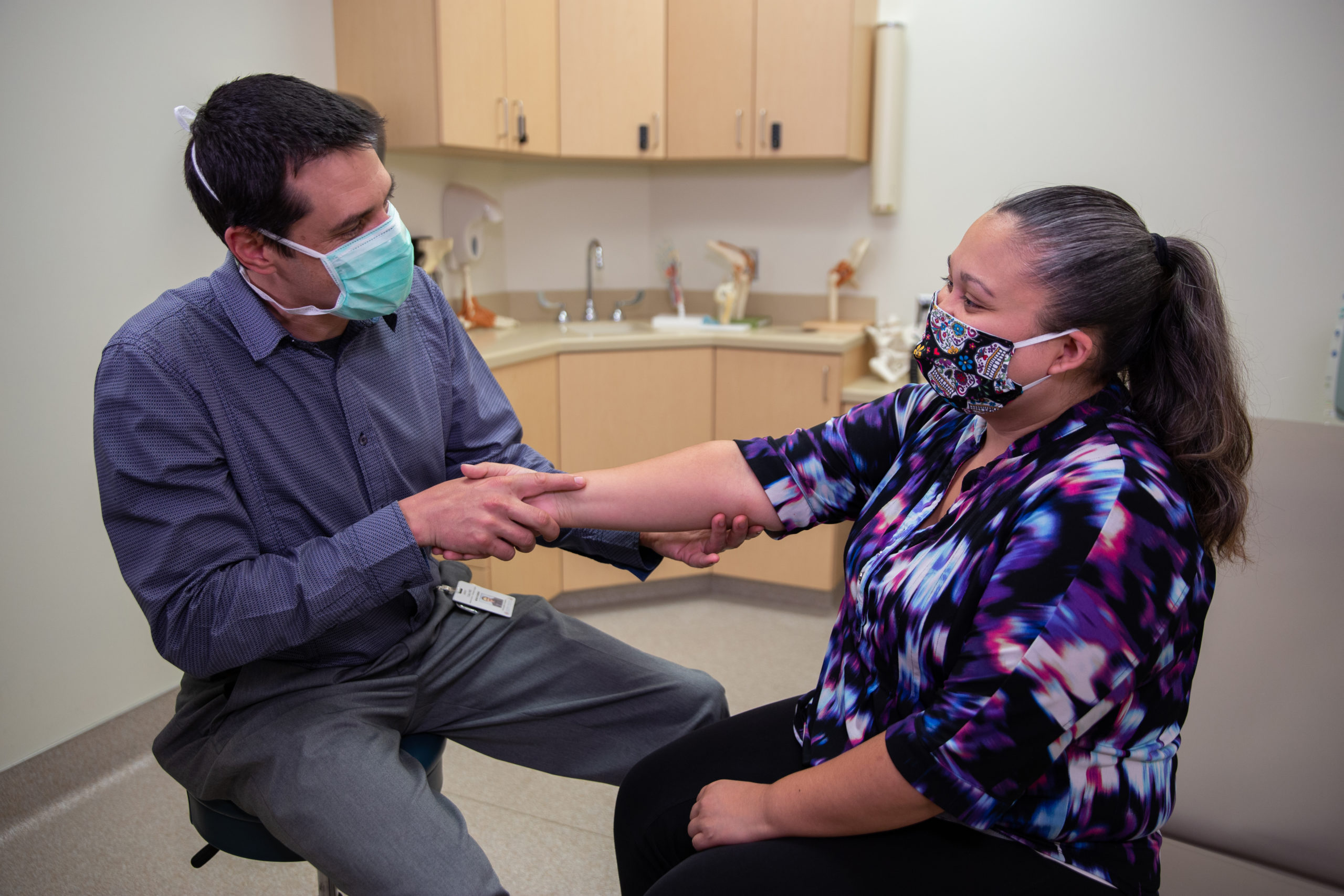
High-quality, culturally relevant care
The Alaska Native Medical Center (ANMC) operates a state-of-the-art, 173-bed hospital providing comprehensive medical services to Alaska Native and American Indian people. ANMC was Alaska’s first Level II Trauma Center, is a Level II Pediatric Trauma Center and a Comprehensive Pediatric Emergency Center.
New surgical system adds critical technology to the OR
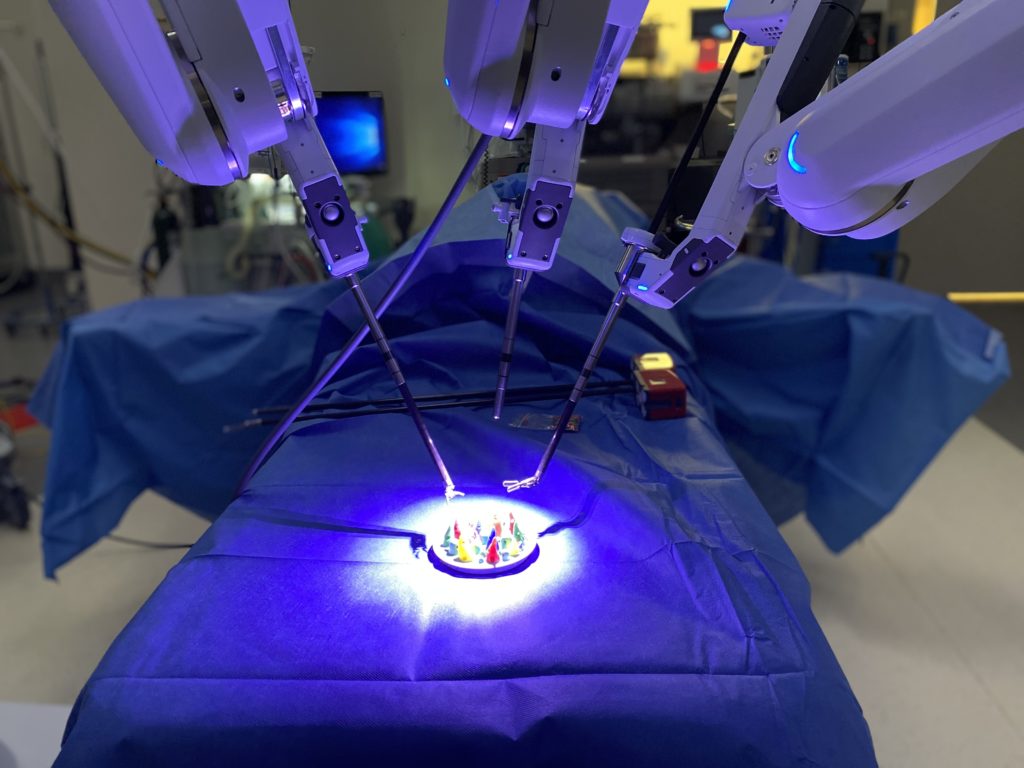
ANMC added new technology that allows additional capabilities in our operating room, allowing for minimally invasive surgical procedures for our patients. The da Vinci XI Surgical System, also referred to as a surgical robot, helps improve health outcomes and reduce recovery time for patients.
ANMC Laboratory recognized with patient safety award
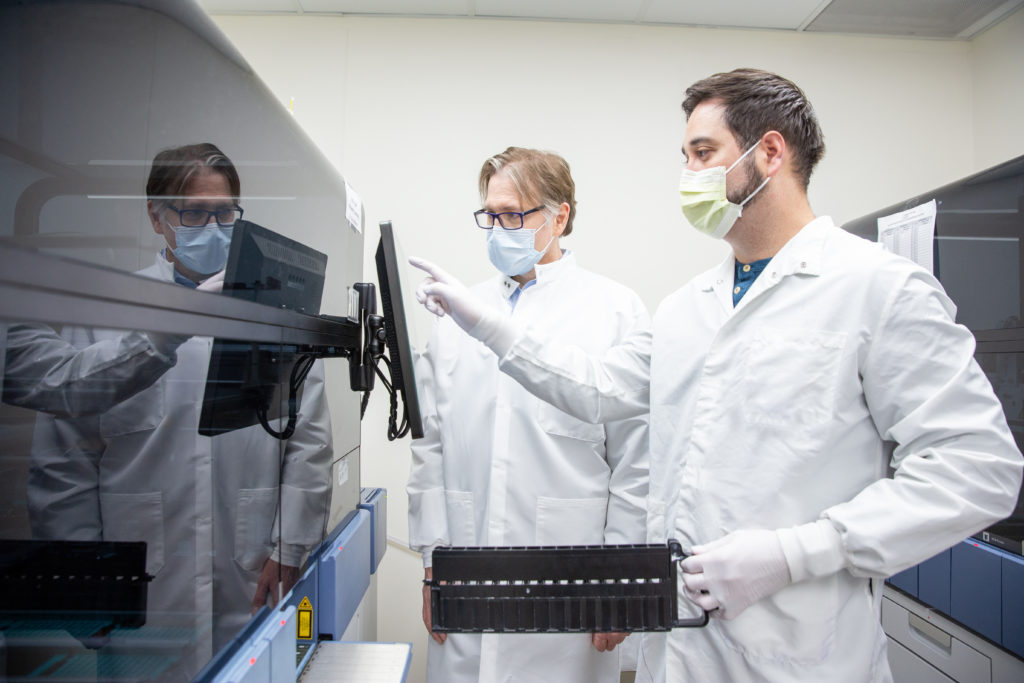
The Beacon Award from the Alaska State Hospital and Nursing Home Association celebrates above-and-beyond safety-related performance. The ANMC Lab was selected for the team’s support of Tribal health through robust COVID-19 testing capacity for the entire state.
Improving care for pregnant Alaskans with high blood pressure

ANMC was one of six Alaska hospitals to work on efforts to reduce hypertension-related severe maternal morbidity. Due to the significant efforts by our obstetric team, ANMC met or exceeded several targets for quality care, earning “Gold Recognition” from the State of Alaska, the highest level of achievement.
Hear ANMC staff share highlights of their work from this year.
Statewide health and prevention services highlights

Community partners in health
ANTHC works together with regional Tribal health organizations and the state to create a better stream of health by: setting health priorities based on data; education for dental therapists; construction projects that increase access to sewer and water; and making it easier for patients outside of Anchorage to navigate our services.
New Mini PASS units installed in Stebbins for in-home water
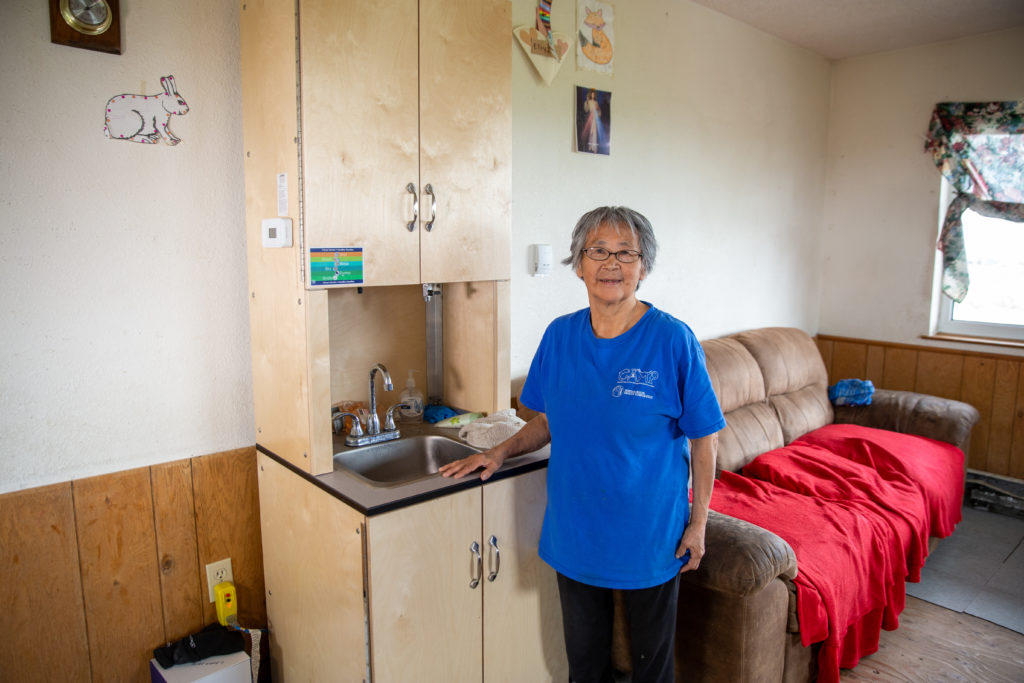
The Mini PASS, a smaller, easier to transport in-home unit is composed of two components: a handwashing cabinet and ventilated honey-bucket. This project expands water access for more people
Chevak: A success story in Tribal utility partnership
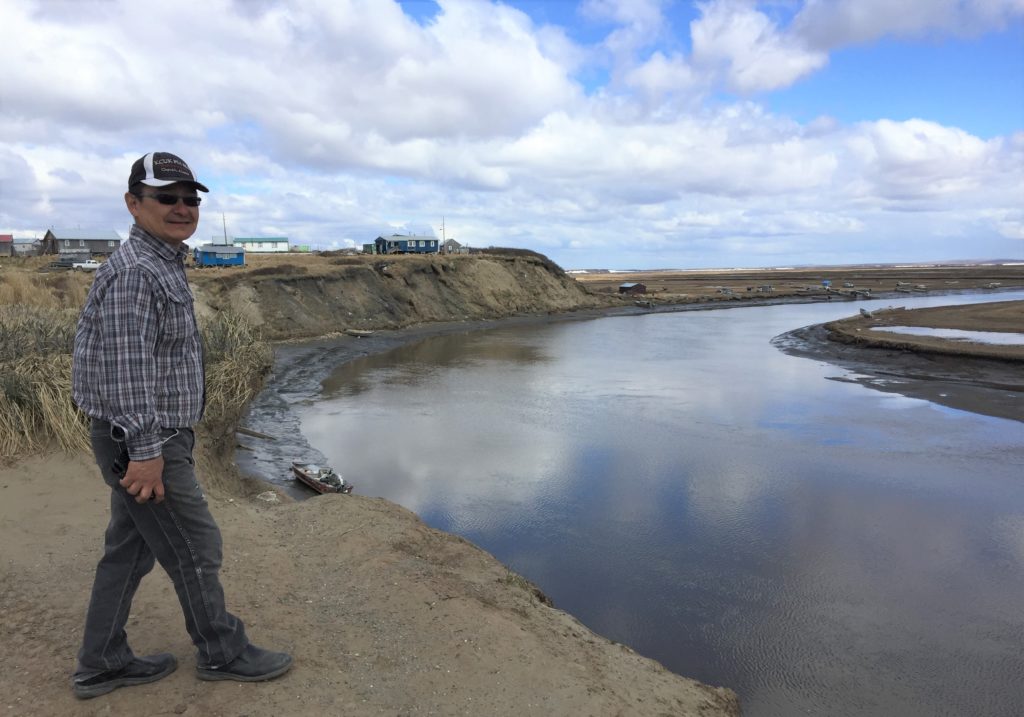
Over the years, Chevak’s partnership with ANTHC has produced utility cost savings that today are among the lowest among members of the Alaska Rural Utility Collaborative.
Connecting community health and wellness in new ways
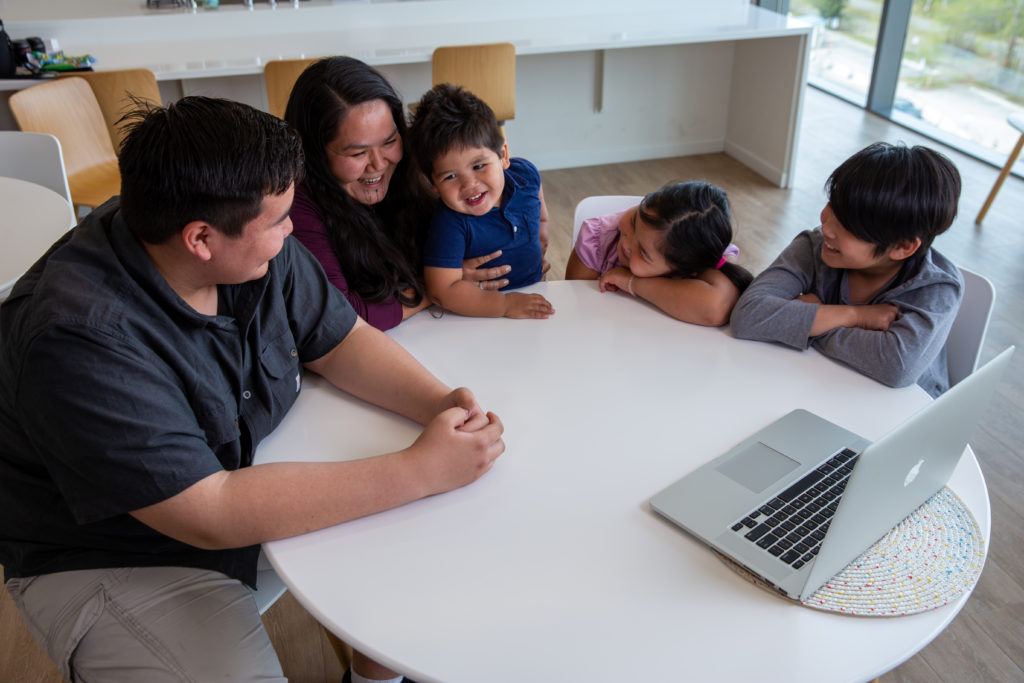
When community visits and events were limited, ANTHC’s Community Health Services programs turned to online technology and postal mail to share important health information.
